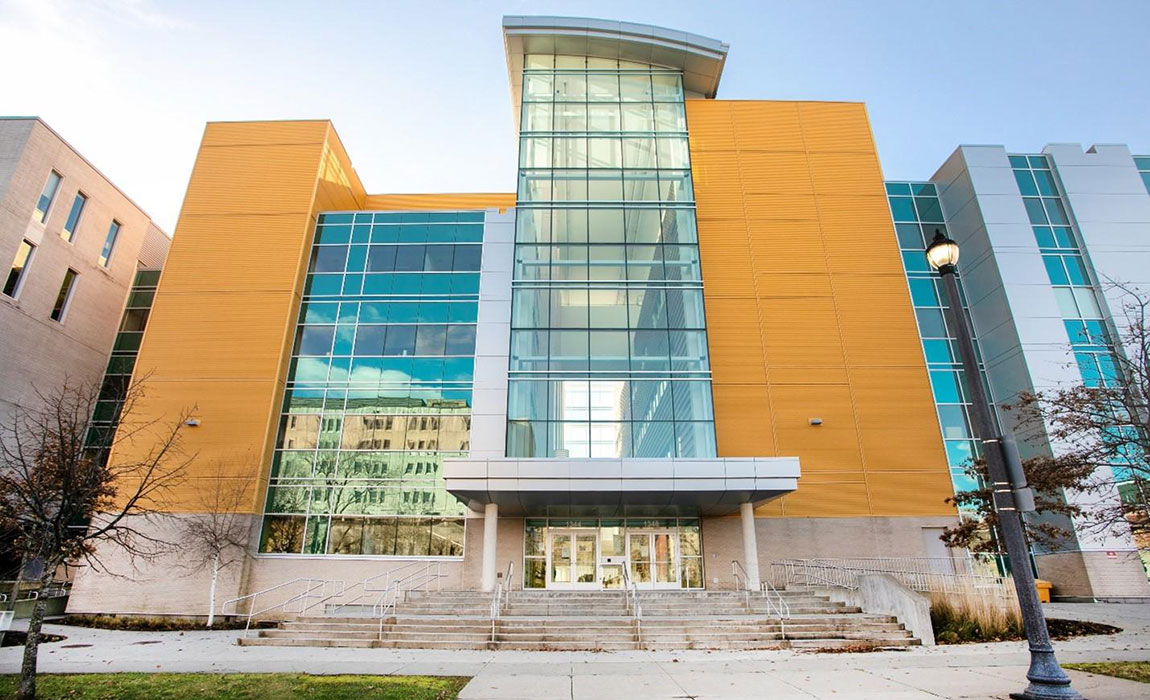Innovation funding for Nova Scotia's universities supports clean technology, entrepreneurship
Wednesday, April 10, 2013
Home to 10 universities and 13 community colleges, Nova Scotia is considered the university capital of Canada and continues to thrive with a highly skilled workforce that receives education and training in the fastest growing fields. The province is already known as a leader in Canadian education, but now, it is taking steps to ensure it maintains that prestigious position.
In an example of the province's commitment to its higher education programs, Nova Scotia recently announced support for clean technology and information technology projects, valued at more than $4 million, through the Innovation Fund.
"The Innovation Fund, essentially, has two goals: helping universities find innovative ways to maintain excellence in learning and reducing costs," said Transportation and Infrastructure Renewal Minister Maurice Smith. "The projects being announced today do both."
Clean technology programs at NS campuses
Nova Scotia is working steadily toward its sustainability goals, which include dramatically shrinking its carbon footprint and electricity consumption. Those aims are now being implemented at universities as well.
St. Francis Xavier University was one of the schools that received funding through the recent round of support. Cape Breton University and Acadia University also received awards. St. FX will leverage the financial assistance for a clean technology project that will help the school save around $400,000 per year on its energy costs.
"The St. FX sustainability committee has made great strides in achieving energy reductions in numerous buildings, and this project will enable further success and campus engagement," said Rachel Mitchell, student union vice president and former environmental officer with the committee.
Acadia University also received an estimated $3.4 million for two programs that will help its program become greener through energy efficiency improvements and cost reductions. Specifically, the school is implementing natural gas to curb its reliance on oil, which creates more pollution.
Matthew Rios, president of the Acadia Student Union, said that students are excited about this work, which can help to make the school financially stable as well as environmentally sustainable in the long-term future.
Information technology project to create student solutions
Cape Breton University also received support from the Innovation Fund project to test administrative programs that can potentially be applicable to other schools around the province. An advanced systems applications and products (SAP) technology will be tested to determine whether other universities could benefit from the administration systems management platform and a student information system template that will be developed.
Innovations such as these are keeping Nova Scotia on the leading edge. Its students are seeing firsthand how developments in renewable resources and technology can help organizations compete in today's fast-paced environment.




